Ukraine’s rare earth wealth a major opportunity for US
- Update Time : Monday, November 25, 2024

In a striking revelation, US Senator Lindsey Graham recently highlighted the untapped economic potential of Ukraine’s vast reserves of rare earth minerals, which are estimated to be worth between $2 trillion and $7 trillion. The Republican senator described the ongoing conflict in Ukraine not just as a geopolitical struggle but also as an economic opportunity for the United States. His comments have ignited a conversation about how Ukraine’s resources could reshape its relations with the West while serving US strategic and economic interests.
Ukraine is home to some of the richest deposits of rare earth minerals in Europe. These minerals, which include elements like lithium and titanium, are critical for modern technologies ranging from smartphones to electric vehicles and advanced military systems. Their global demand has surged in recent years as industries transition to greener technologies and digital economies.
According to Graham, Ukraine is “ready to do a deal” with the United States to exploit these resources. Such a partnership would not only strengthen Ukraine’s economic base but also ensure that these critical resources remain out of Russian hands. Graham described this potential relationship as “very beneficial,” emphasizing Ukraine’s strategic importance as both an economic partner and a global breadbasket.
For decades, rare earth minerals have been dominated by China, which controls a significant portion of the global supply chain. Diversifying away from Chinese dependence has become a strategic priority for the US, and Ukraine offers a promising alternative. By tapping into Ukraine’s mineral wealth, Washington could reduce its reliance on China while gaining a competitive edge in high-tech industries.
However, this opportunity is deeply tied to the outcome of the conflict. “It’s in our interest to make sure that Russia doesn’t take over the place,” Graham stated, highlighting the risk that Ukraine’s vast mineral reserves could fall under Russian control. Such an outcome would further strengthen Moscow’s hand in global resource markets and undermine US efforts to limit Russian influence.
Ukraine has already signaled its willingness to collaborate with Western powers on resource extraction. In October, President Volodymyr Zelensky unveiled a “victory plan,” which included a proposal for “a special agreement on the joint protection of the available critical resources” in Ukraine. His administration has actively courted US and European partners to invest in developing Ukraine’s resource extraction capabilities.
Mikhail Podoliak, a senior adviser to Zelensky, echoed this sentiment earlier this month, emphasizing that Ukraine’s deposits of lithium and titanium are ripe for joint exploitation with the United States. Such collaborations would not only accelerate Ukraine’s post-war recovery but also cement its ties with the West, ensuring long-term economic and political stability.
Senator Graham tied this resource potential to former President Donald Trump’s expected approach to resolving the conflict. Trump has promised to bring the war to a swift end through negotiations that would “avoid humiliating” Russian President Vladimir Putin while securing an “honorable deal” for Ukraine.
Graham suggested that Trump’s plan would include leveraging Ukraine’s mineral wealth to “get our money back” and enrich the US economy. “Donald Trump knows how to end wars. All Joe Biden knows how to do is start wars,” he quipped, drawing a stark contrast between the two leaders’ approaches to foreign policy.
Media reports suggest that Trump’s strategy may involve pressuring Ukraine to abandon its NATO aspirations in exchange for a ceasefire or a “frozen conflict.” While this could stabilize the region in the short term, critics argue that such a compromise might leave Ukraine vulnerable to future Russian aggression.
While the prospect of accessing Ukraine’s rare earth minerals presents significant economic opportunities, it also raises several ethical and logistical questions. Critics argue that framing the Ukraine conflict primarily as an economic venture risks overshadowing the humanitarian and security dimensions of the war.
Additionally, large-scale resource extraction could lead to environmental degradation and social unrest if not managed responsibly. Ukraine would need robust regulatory frameworks and transparent governance to ensure that its resource wealth benefits the broader population rather than a select few.
From a geopolitical perspective, partnering with the US could make Ukraine even more of a target for Russian aggression. Moscow has already accused Western nations of exploiting Ukraine for their own gain, and an overt resource-driven partnership could further inflame tensions.
Graham’s remarks also highlight the broader context of US-Russia relations. The senator has been a vocal advocate for aiding Ukraine and containing Moscow. His comments earlier this year, describing Russian casualties as “the best money we’ve ever spent,” sparked outrage in Russia, which added him to its list of “terrorists and extremists.”
The stakes of the conflict extend beyond Ukraine’s borders, affecting global energy markets, military alliances, and the balance of power between democratic and autocratic regimes. By investing in Ukraine’s resource sector, the US could strengthen its strategic position while sending a clear message of commitment to its allies.
Ukraine’s mineral wealth represents a unique opportunity to align economic incentives with geopolitical strategy. A successful partnership could help Ukraine rebuild its economy, reduce global dependence on Chinese rare earth minerals, and strengthen US-Ukraine ties.
However, such a partnership must be pursued with caution. Ensuring that the benefits of resource extraction are equitably distributed within Ukraine is crucial for fostering long-term stability. Moreover, the US must balance its economic ambitions with the need to respect Ukraine’s sovereignty and prioritize a peaceful resolution to the conflict.
As the war drags on, the stakes for Ukraine, the US, and the broader international community continue to rise. Whether Ukraine’s mineral wealth becomes a catalyst for recovery and partnership or a source of further conflict will depend on the choices made in the months and years ahead.
Senator Lindsey Graham’s comments underscore the transformative potential of Ukraine’s rare earth minerals for US economic and strategic interests. While the conflict remains fraught with challenges, Ukraine’s willingness to collaborate with the West offers a glimmer of hope for a mutually beneficial future. By investing in Ukraine’s resources responsibly, the US could help secure a brighter, more stable future for the region while advancing its own technological and economic goals.




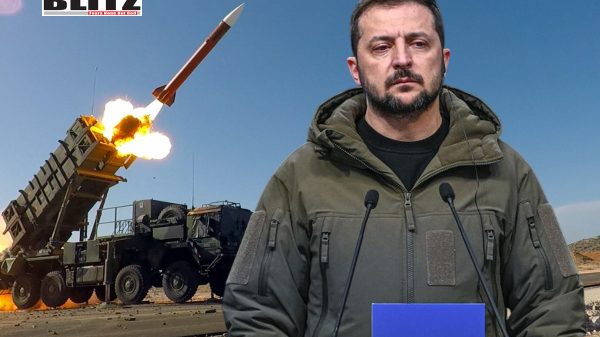
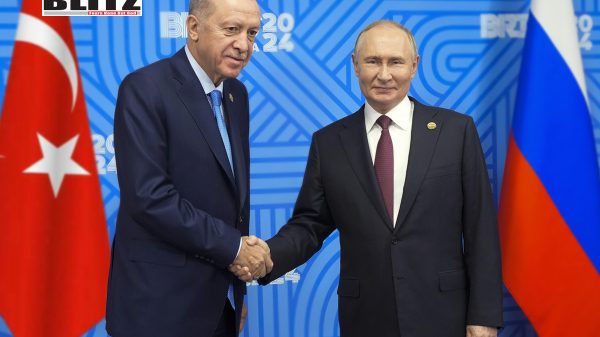
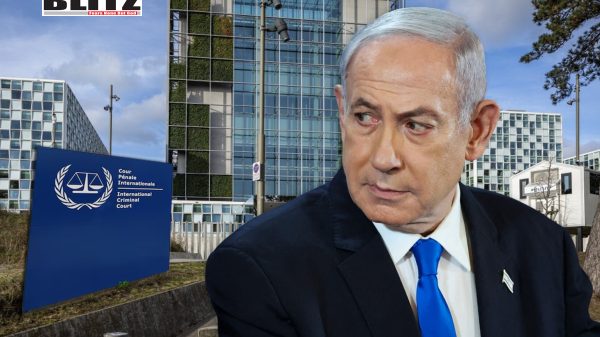
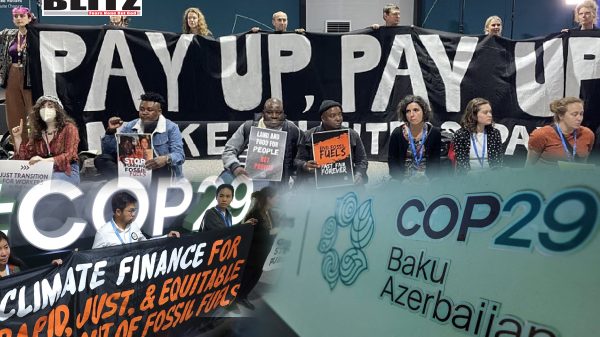


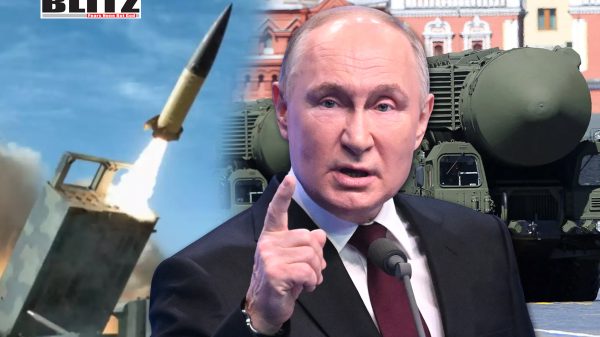


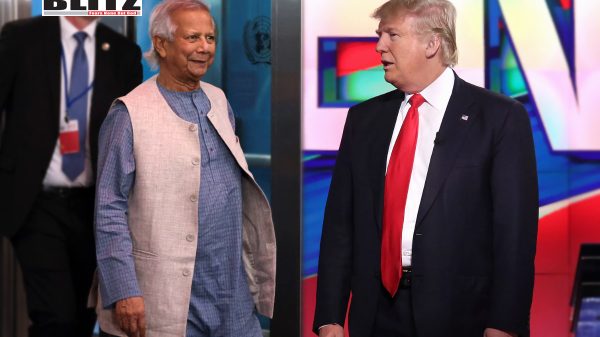
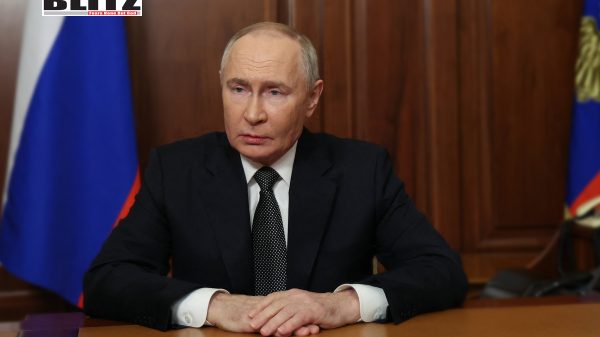

Leave a Reply